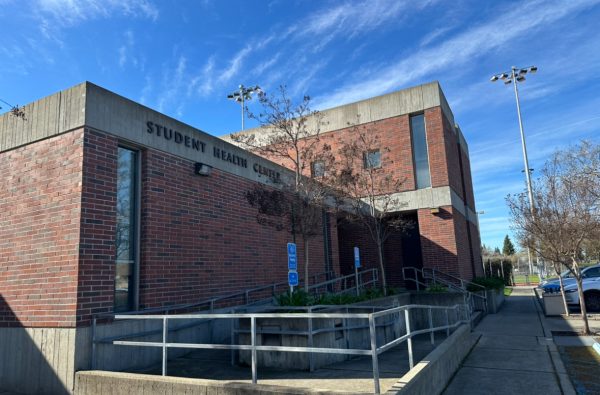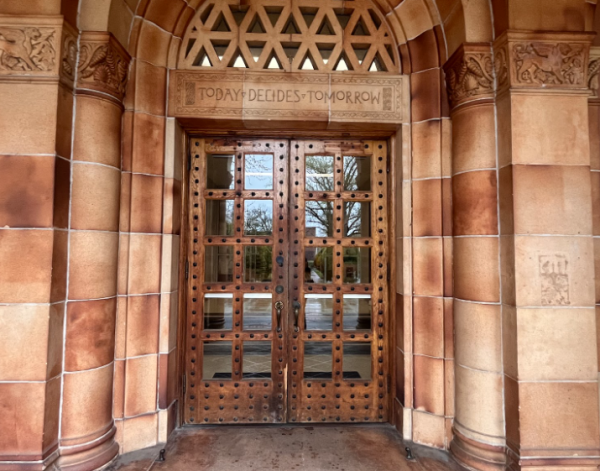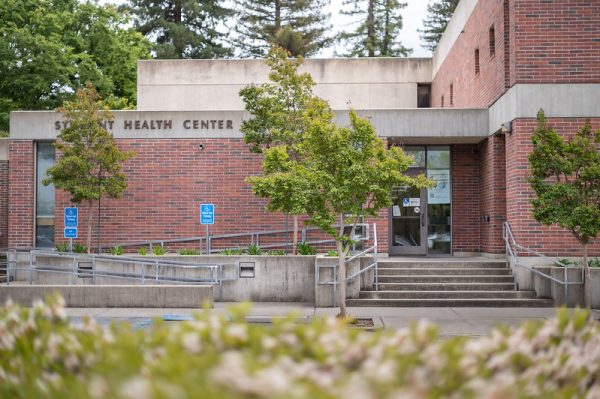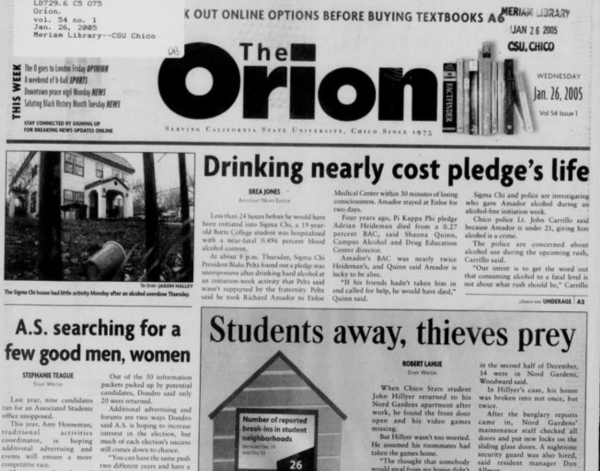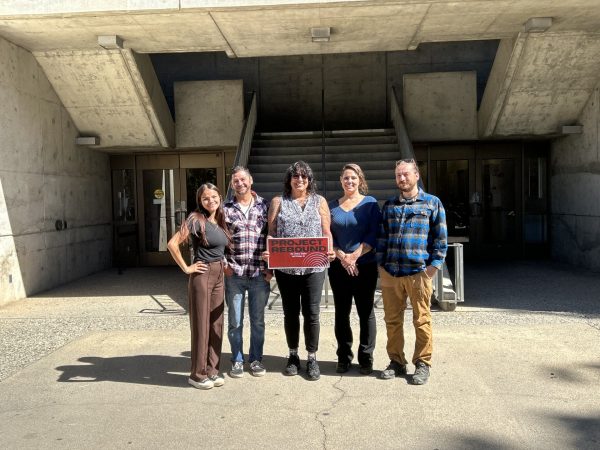Appellate court upholds California net neutrality statute
On Jan. 28 the 9th Circuit Court of Appeals voted to uphold California’s “California Internet Consumer Protection and Net Neutrality Act of 2018” (SB-822), allowing the state to continue regulating Internet Service Providers (ISPs) in order to ensure the goal of “net neutrality.” SB-822 was passed over three years ago, but has yet to be put into practice due to legal challenges.
In ACA Connects v. Bonta, telecommunications companies alleged that California regulations violated the Communications Act and the guidance of the Federal Communications Commission.
On Feb. 23 2021, federal courts ruled in favor of the State of California, but the case was appealed to the 9th Circuit.
The issue of net neutrality is controversial.
Under net neutrality rules companies must treat all traffic the same and may not charge a premium for certain internet uses relating to special types of usage, such as teleconferencing or media streaming.
The plaintiffs in the case argue that net neutrality rules unfairly limit the ability of telecom companies to prioritize what they consider to be important internet traffic, which as a consequence, leads to inefficiencies and costs to both companies and consumers. This attitude was shared by the Trump administration’s FCC which filed a now-dropped lawsuit against the state over the same issue.
In an Amicus Brief from the U.S. Chamber of Commerce, other opponents of net neutrality argued that the loosening of restrictions had led to innovation. They claim California’s laws should not be upheld, stating that they are unclear, and that the nationwide breadth of the internet makes it unsuitable for state-level regulation.
Advocates for net neutrality believe it is important for ensuring vulnerable people and those dependent on access to the internet (such as students, and those who work from home) are not subjected to unfair costs, discrimination, or inability to access important information and services. Some companies would like to introduce multi-tiered plans and charge a premium for what they consider to be heavily taxing forms of internet use, but net neutrality rules will prevent this type of pricing scheme.
For example, students taking online courses cannot be forced to buy a premium internet plan in order to access their classes via Zoom.
According to an Amicus Brief submitted to the court by the Electronic Frontier Foundation (EFF) and other pro-net neutrality NGOs: “Even prior to the COVID-19 pandemic, countless Californians used bandwidth-intensive educational resources that depend on a neutral Internet. In 2019, over 300,000 Californians enrolled in online college programs. […] All of these resources will suffer if ISPs are permitted to force educational providers and students to pay a premium for high-quality data transmission.”
The decision of the 9th District is likely to be felt in many different states, with several already having passed similar legislation prior to the decision. The future of net neutrality on a national level still remains indeterminate, and the Biden administration has faced opposition from conservatives for its nomination of Gigi Sohn to the FCC.
Sohn is a founding member of Public Knowledge, a non-government organization that advocates for net neutrality and other “open internet” policies, and her confirmation would tip the majority in the direction of net neutrality. Reuters reports that current FCC chair Jessica Rosenworcel favors a return to federal net neutrality as part of her leadership agenda.
Christopher Hill can be reached at [email protected].


